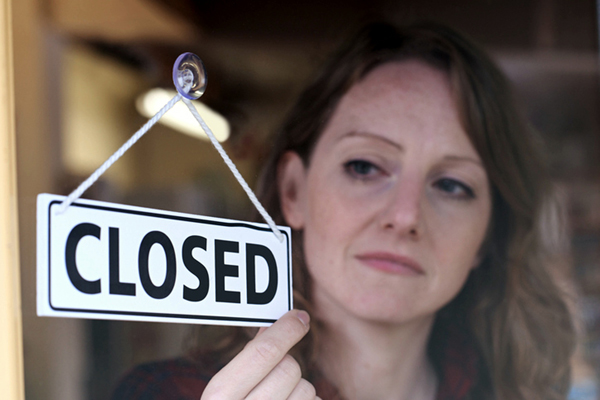- La Feria Community Holds Succesful Business Mixer Event
- Little Nashville to Take Place in Downtown Mercedes
- Lions Basketball Captures District Gold
- La Feria ISD Students Compete in Regional Chess Tournament
- Lions End First Half of 32-4A on a High Note
- La Feria ISD Held Another Successful Parent Conference
- Strong Appearance for Lions at Hidalgo Power Meet
- LFECHS Students Get to Meet Local Actress
- Students Participate in Marine Biology Camp
- Two LFECHS Students Qualify for All-State Band
Report: Texas Rural Health Care Faces Funding Crisis
- Updated: March 24, 2017

Poor reimbursement rates have forced 16 rural hospitals in Texas to close their doors since 2013. Photo: highwaystarz/iStockphoto
by Mark Richardson
AUSTIN, Texas – A new report warns that rural hospitals in Texas could be hit hardest under a Congressional plan to repeal and replace the Affordable Care Act.
It found that proposed funding cuts to the Medicaid program, which already is operating at a minimal level in Texas, could force many rural hospitals to close, leaving hundreds of thousands of people without reasonable access to health care.
David Pearson, director of the Texas Organization of Rural and Community Hospitals, which produced the study, said a new round of funding cuts could devastate the state’s already challenged rural health-care system.
“Continual reduction in reimbursements and available financial resources, either at the state or the federal level, have just gotten to the point where a lot of small hospitals are unsustainable,” said Pearson. “They don’t have the local tax support to make up that difference.”
According to the report, the state’s rural health-care system faces declining reimbursement rates along with rising health-care costs, and Texas already has the highest uninsured rate in the United States.
When Texas lawmakers did not expand Medicaid under the ACA, Pearson said, it put dozens of rural hospitals on the critical list.
He said 16 rural hospitals in Texas have closed since 2013, with an increasing number in financial distress. Pearson also explained that a proposed plan to fund Medicaid through block grants would only shift the financial burden of rural health care to those who can least afford it.
“Local governments and/or local tax districts already fund a large share of Medicaid,” he said. “The tax base in a rural area just isn’t large enough to be able to generate the kind of revenue that would be needed to offset that reduction.”
Pearson said when a rural hospital closes, it creates a damaging ripple effect in the local economy. He added that Texas isn’t the only state facing a rural health-care crisis.
“This really is a national crisis,” he warned. “Unfortunately, Texas leads the way as far as the number of closures, but closures across the country in rural areas are really starting to add up.”
The report, which was completed before the Republicans’ current American Health Care Act was released, was sponsored by the nonprofit Episcopal Health Foundation.


